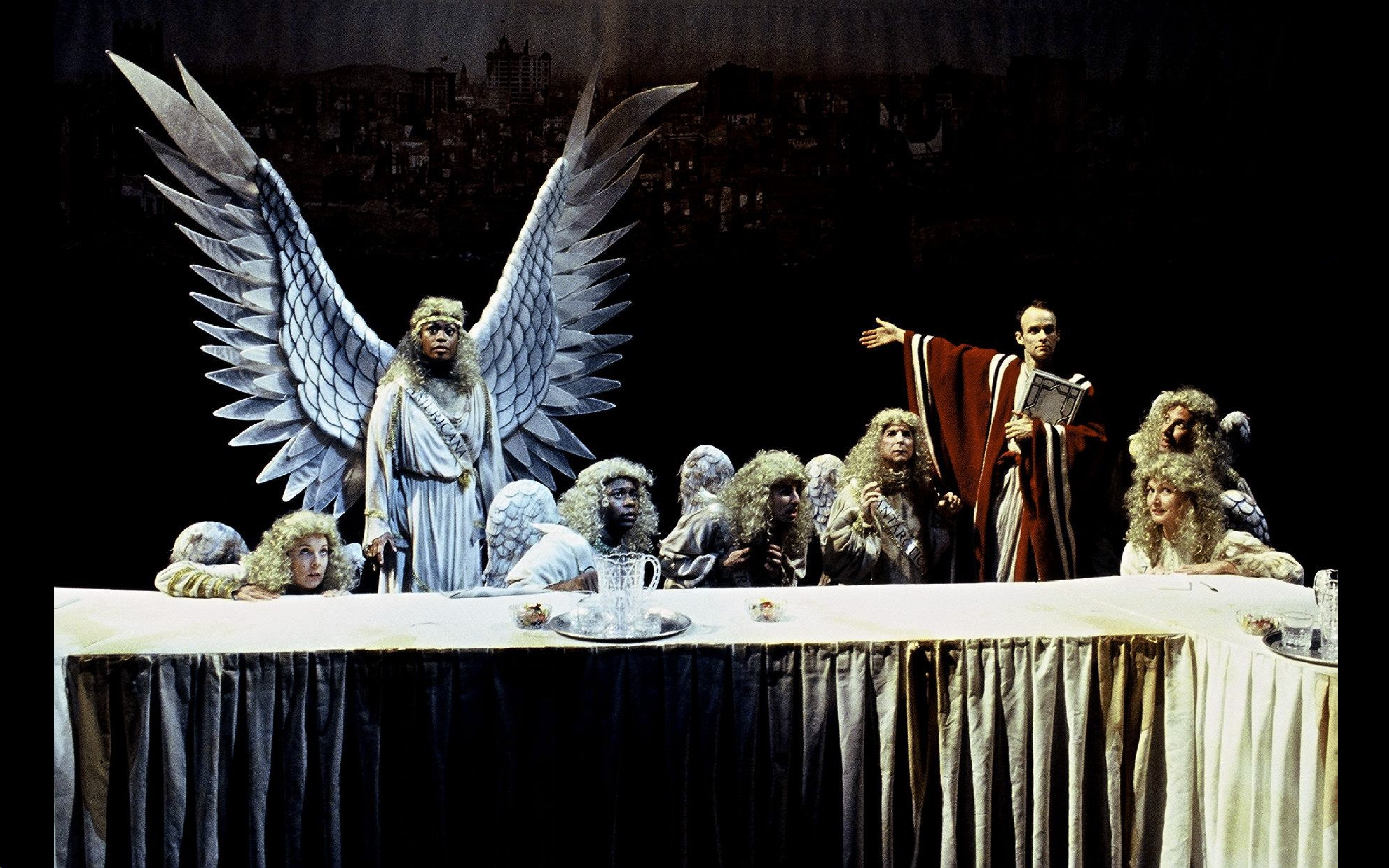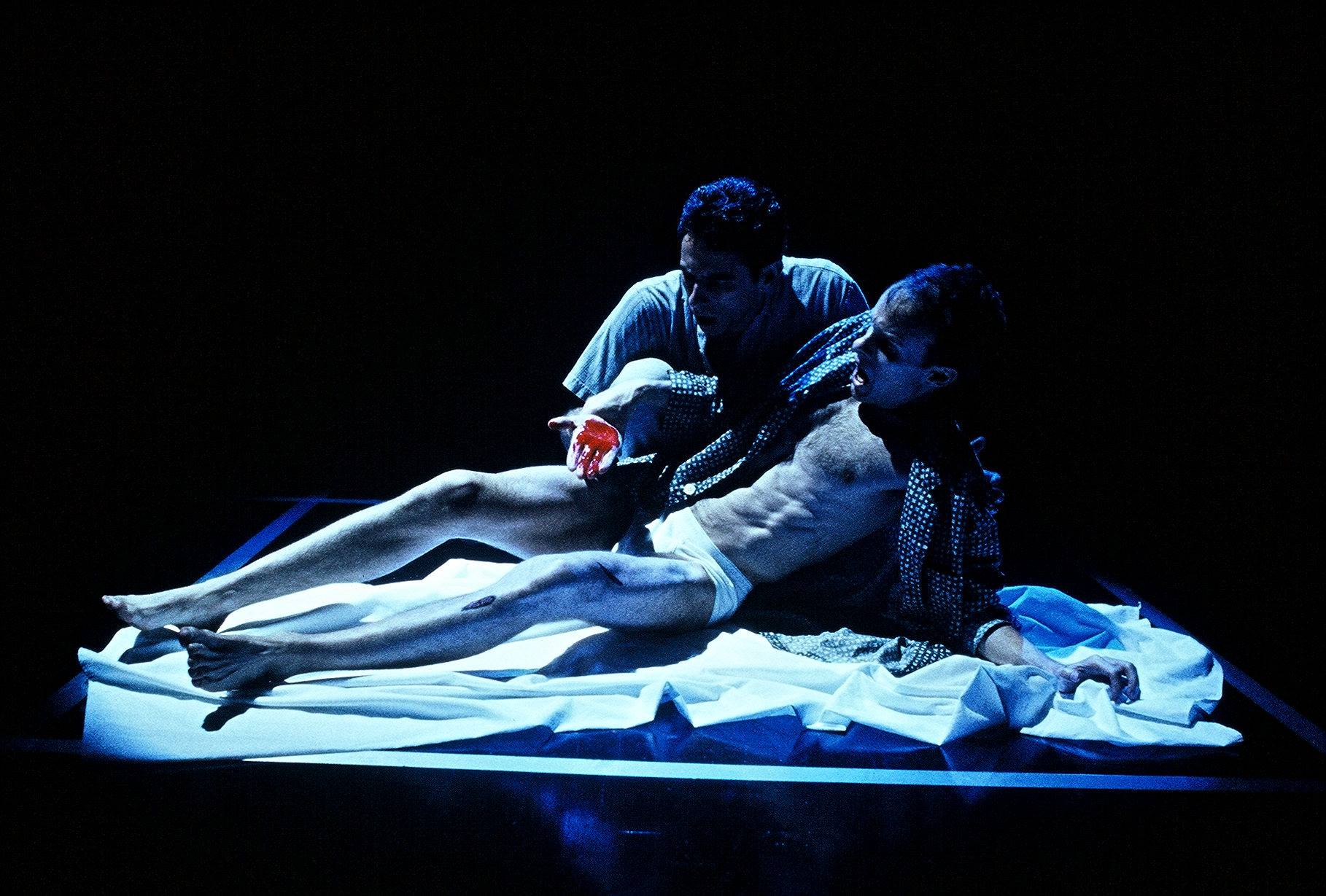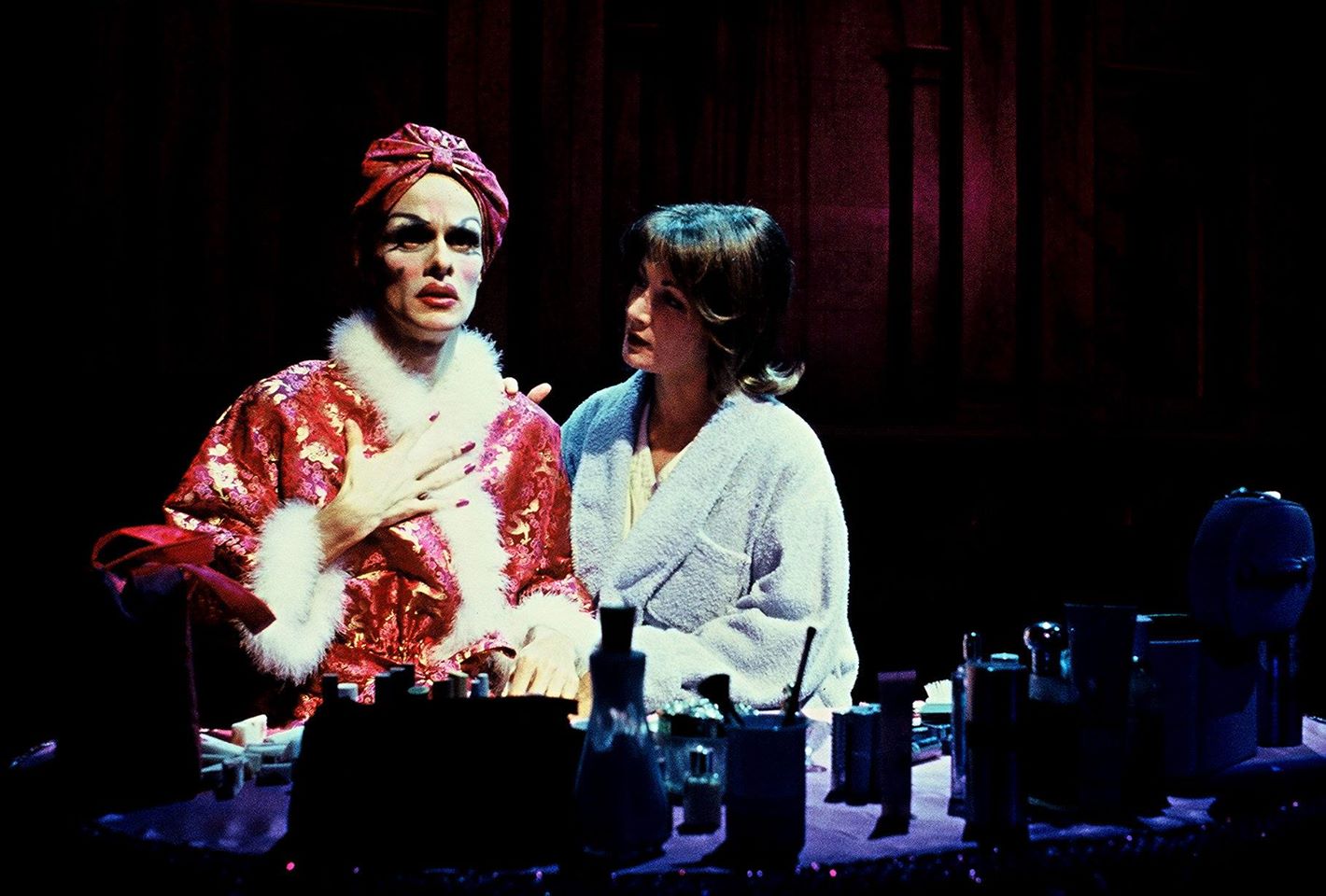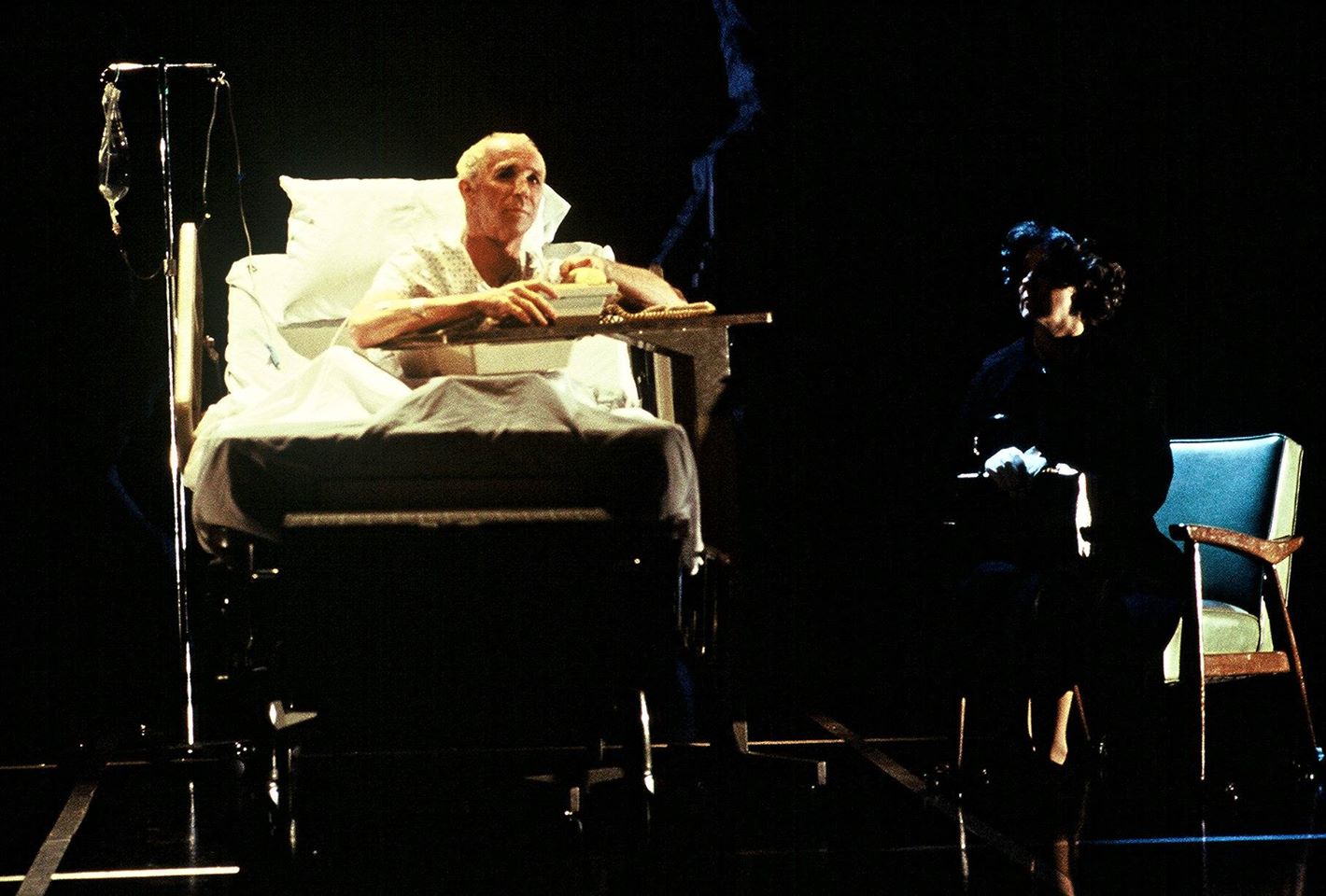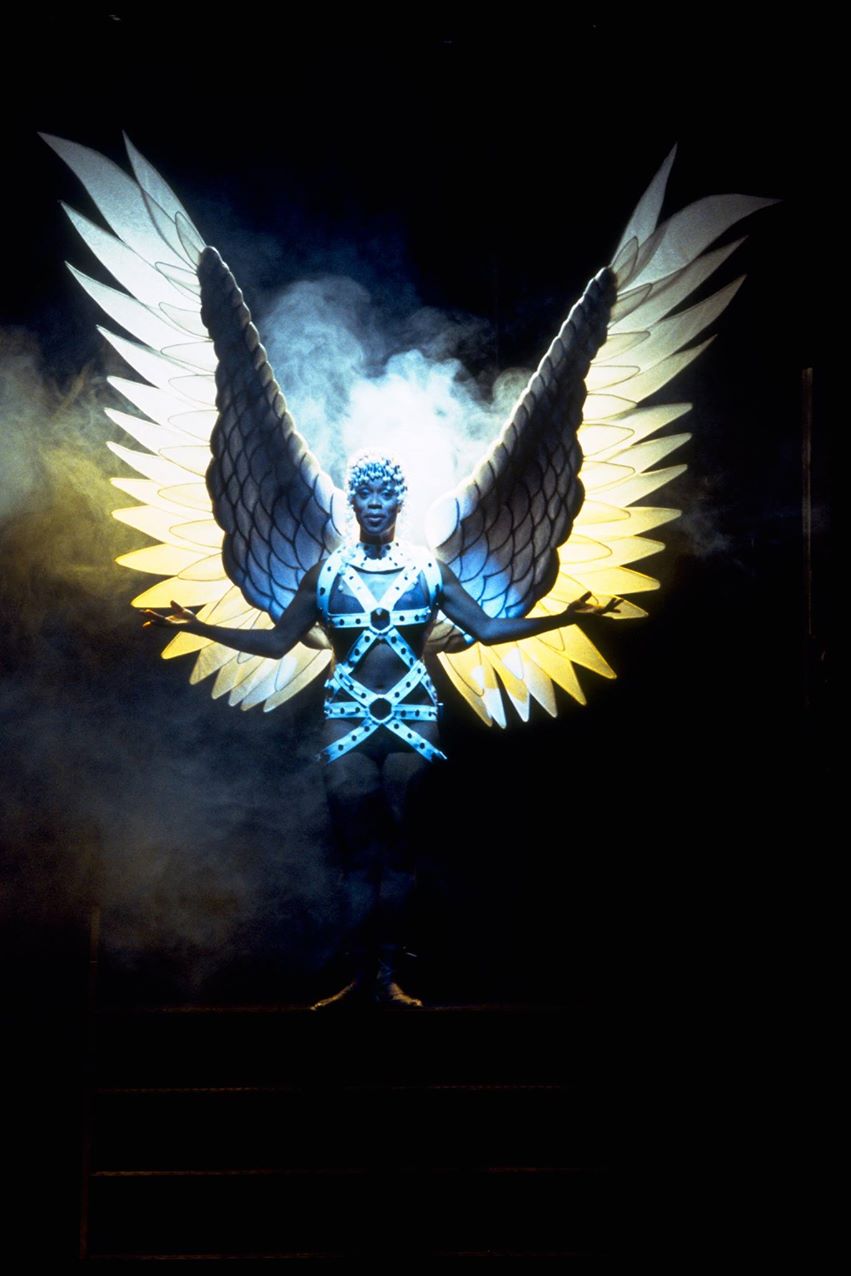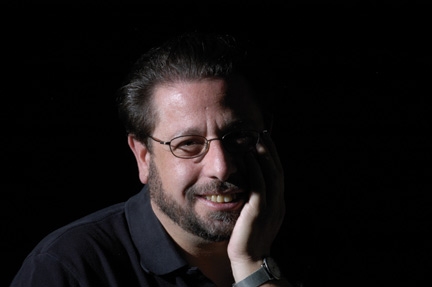
KYLE LAWSON ON MATTHEW WIENER
There are quintessential moments in any theater critic’s life, moments when the art is redefined.
For me, one of those moments came during “Nora,” an adaptation of Henrik Ibsen’s “A Doll’s House,” that was produced by Arizona Theatre Company and directed by Matthew Wiener.
I had seen “A Doll’s House,” several times, and read it several more. In truth, it took a bit of slogging to sit through the production, landmark though it is in the history of world theater.
I never quite achieved the feeling experienced by the play’s original audiences, who were scandalized, outraged and gob-smacked by Ibsen’s audacious take on the role of women in the closing years of the nineteenth century.
From the moment the lights came up on Matthews “Nora,” I knew something was different. This was not fusty period drama, this was “now” wearing historical costumes. The characters, including Nora, came alive, not just in a dramatic sense, but in contemporary terms.
I set there amazed about how … how RELEVANT … it seemed.
Then came the ending.
“A Doll’s House” is famous for its final scene, in which Nora leaves her comfortable life and sets out into an unknown world. To forsake her husband, her family, her house full of knick-knacks, was an action so inconceivable to audiences of the day that they screamed at the actors and broke into fistfights in the stalls.
It became known as “the door slam heard ’round the world.”
Matthew transformed it.
Instead of slamming a door, multiple doors at the back of the set burst open. Blinding light poured through them. Nora walked into the glare and disappeared.
I nearly had a heart attack. I was not alone. You could have heard the Herberger audiences’ gasp in Scottsdale. And the thunderous applause that followed a surprised silence.
Never had the PROMISE of Ibsen’s play been so beautifully realized.
That is what a great director does. Matthew Wiener is a great director. At Arizona Theatre Company, Actors Theatre (which he headed for many years) and other troupes, he has consistently illuminated and redefined the work of playwrights both ancient (Shakespeare) and contemporary (Tony Kushner).
I could not begin to list the moments which left me personally gob-smacked, though the confrontation between Brick and Big Daddy in “Cat in a Hot Tin Roof” was one of them. The development of the Katie McFadzen character in “Good People” was another. Still another: The appearances of Lillie Richardson as the Angel in “Angels in America” and “Angels in America: Millennium Approaches and Perestroika.” (Those two productions were, in themselves, revelations.)
Like everyone, there are days when I wish I could be in New York or London and see the work there. Then along comes one of Matthew’s productions.
He not only has redefined Ibsen and the others, he has redefined theater in Arizona.
For a look at Matthew’s work with Actors Theatre, go HERE
Matthew, who has become a busy free-lance director since the closing of Actors Lab, still makes his home in Phoenix. We remain hopeful that local theaters will make use of this great talent.
Until then …
The cast of 2013’s “The Fox on the Fairway” produced this amusing YouTube video about Matthew’s directing.
This video shows Matthew and his cast hard at work on “The 39 Steps” in 2013.
In 2012, Actors Theatre produced “Body Awareness,” directed by Matthew. Here, the actors talk about their favorite and least favorite body parts.
In 2011, Matthew directed the world premiere of “Michael Archangel” at the Fulton Theatre in Pennsylvania. Here, he playwright Joseph Lauinger discuss the play. The video offers some fascinating insights into Matthew’s work process.
In 2011, Channel 8, PBS, filmed a discussion about the economic challenges facing Arizona’s arts organizations. Guests include Matthew of Actor’s Theatre, Rusty Foley of Arizona Citizens Action for the Arts, and Carol Kratz of Piper Trust.
In 2010, Matthew directed Tennessee Williams’ “Cat on a Hot Tin Roof” for the Fulton Theatre in Pennsylvania. YouTube caught some of the action.
PHOTOGRAPHS
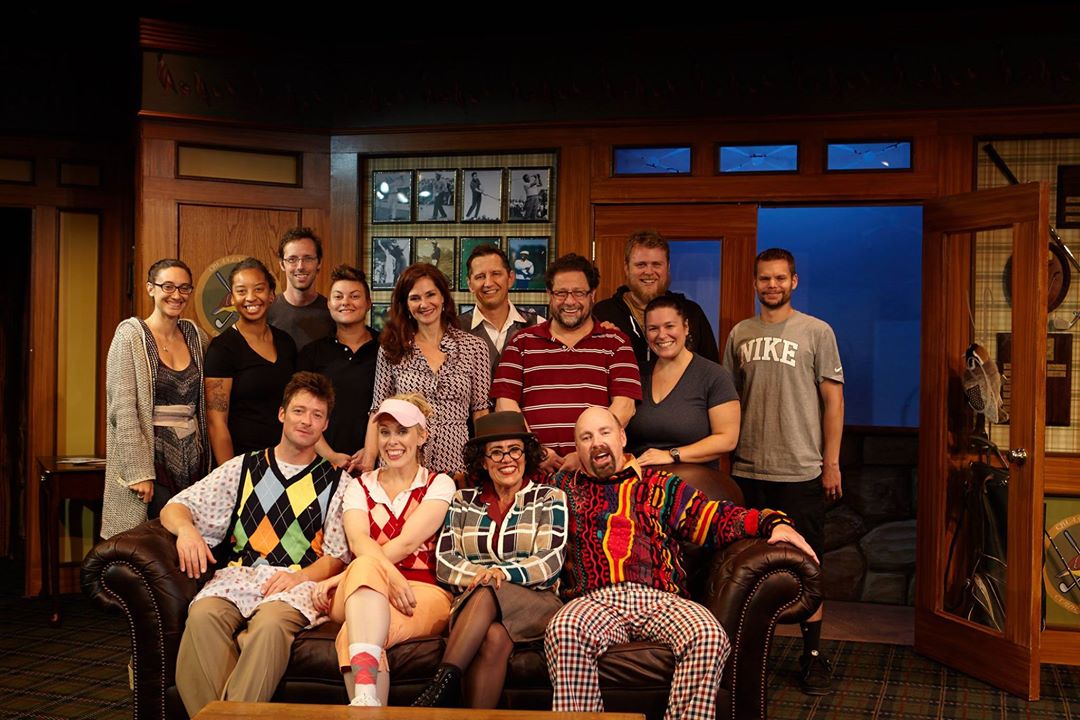
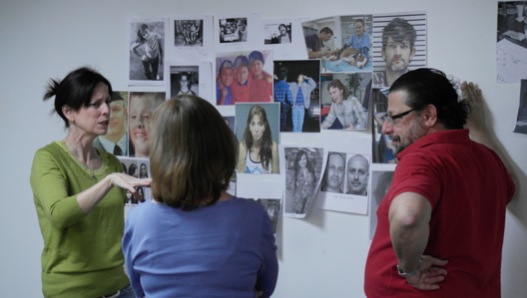
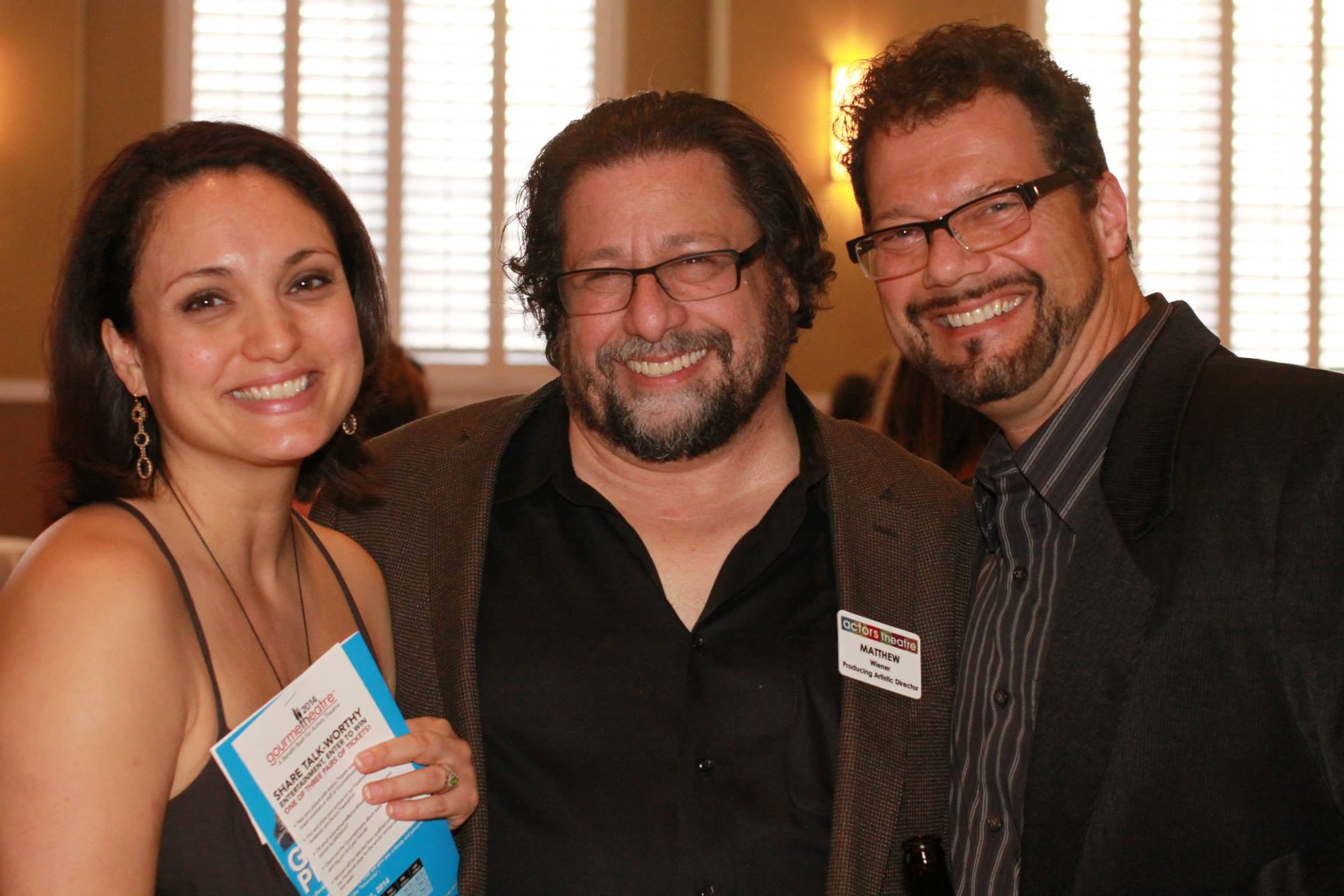
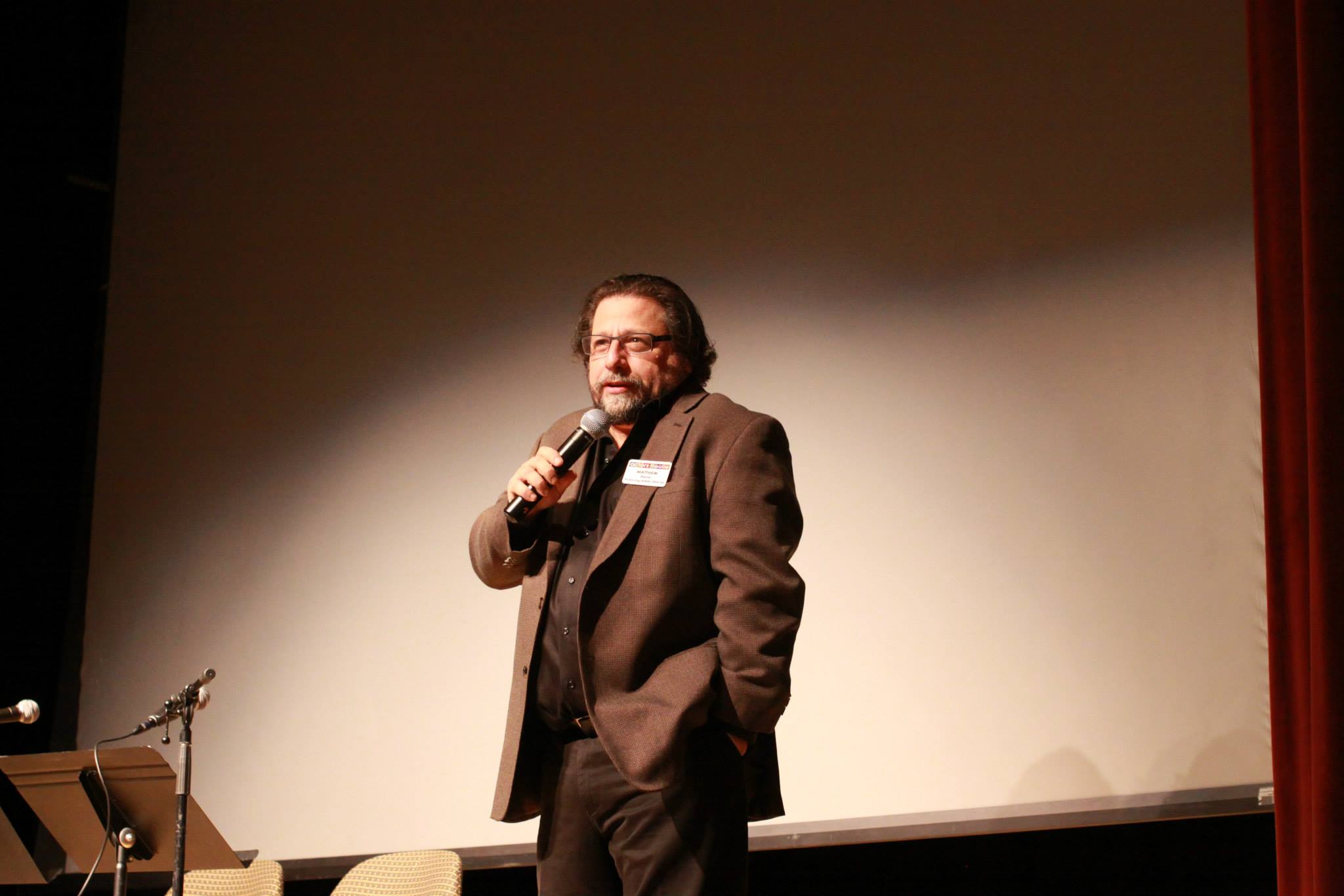
2010. Secret Order. Matthew directed this play for Actors Theatre.
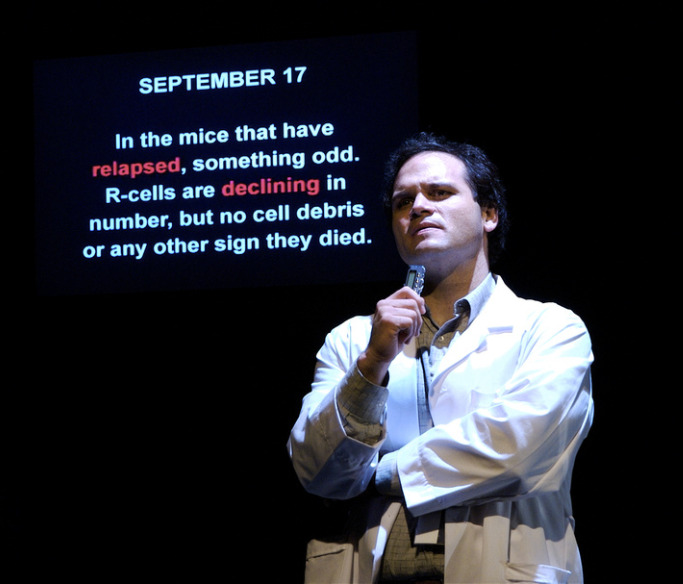
2001-2002. “Angels in America – Millennium Approaches and Perestroika.” Directed by Matthew for Actors Theatre.
